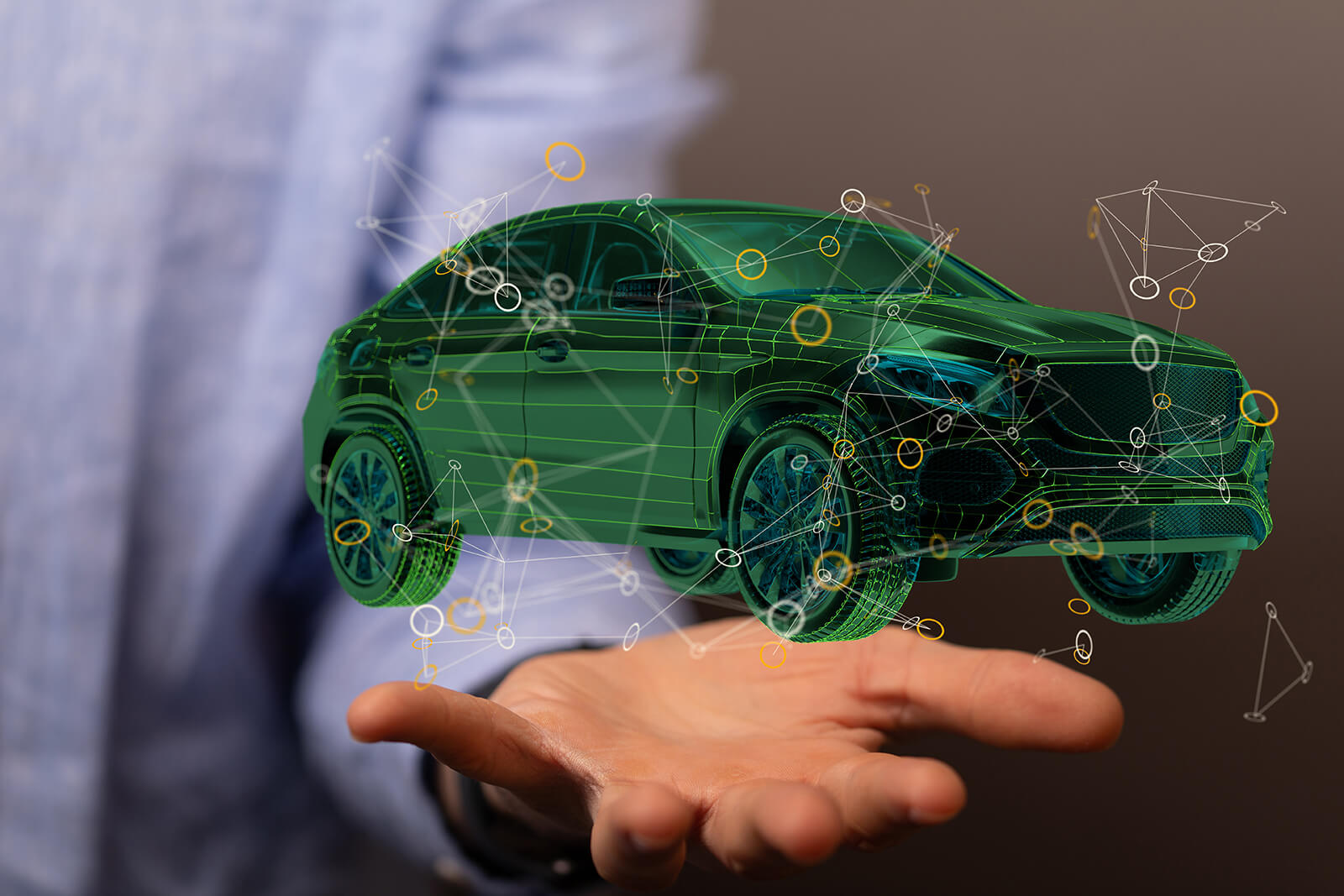Sustainable production in the automotive industry is a pivotal frontier in the global effort towards environmental responsibility. The automotive sector, renowned for its technological innovation and economic impact, is steering towards a greener future. Simultaneously being an ecological necessity, the shift towards sustainable production is becoming a business strategy. It responds to regulatory pressures and increasing consumer demand for eco-friendly products.
Sustainable production in the automotive industry represents a crucial aspect of the global movement towards environmental responsibility. This sector is traditionally a powerhouse of technological innovation and a significant part of the economy. The industry is undergoing a transformative shift towards more environmentally friendly practices. Several factors influence this evolution:
Sustainable production in the automotive industry has many aspects. It has sources in environmental concerns, consumer preferences, and regulatory frameworks. It considers the strategic business perspective, the potential for innovation, and economic growth. As the industry evolves, these factors will likely play a crucial role in shaping its future direction.

The drive toward sustainability in the automotive industry is a comprehensive endeavor. It aims to address the sector’s traditionally significant environmental impact, reduce carbon emissions, and holistically integrate green practices into all aspects of production and operations.
A significant shift within the industry is the transition towards renewable energy sources. Having recognized the environmental and economic benefits, automotive manufacturers are incorporating solar and wind energy into their operations. This transition is evident in several ways:
Another critical aspect of this sustainability drive is the adoption of sustainable materials in vehicle manufacturing:
The automotive industry’s drive toward sustainability is a robust and multi-dimensional effort. It involves adopting renewable energy sources and rethinking material choices and manufacturing processes. This transformation is critical for reducing the environmental impact of the industry but also for ensuring its long-term viability in a world increasingly focused on sustainability.
A prominent Fortune 100 automotive company with operations in over 50 countries has undertaken a significant overhaul of its energy management. This initiative involves several strategies:
Through these efforts, the company has made substantial progress toward its sustainability goals, showcasing how large-scale energy management can play a pivotal role in reducing the environmental impact of automotive manufacturing.

DHL’s approach to sustainability in automotive supply chains illustrates the importance of considering the entire lifecycle of vehicle production and delivery:
These efforts by DHL demonstrate how to achieve sustainability throughout the supply chain. They pave the way to a substantial reduction of the environmental impact of the automotive industry.
The case studies highlight different approaches to sustainability in the automotive industry, from energy management and material innovation to supply chain optimization. These efforts collectively represent a significant step towards a more sustainable automotive sector.
At Endego, we understand the complexities and challenges of transitioning to sustainable production practices. Our expertise lies in aiding automotive companies to navigate this transformation effectively. We offer strategic consulting, innovative solutions for energy management, supply chain optimization, and integration of sustainable materials and technologies. We empower our clients to meet their environmental responsibilities and enhance market competitiveness in a rapidly evolving industry.
In conclusion, sustainable production in the automotive industry is an essential step towards a more environmentally responsible future. As industry leaders demonstrate, it is possible to drive change that benefits both the planet and the business. At Endego, we commit to participating in this journey, supporting our clients every step of the way.
The past few years have been challenging for the European automotive sector – production declines, supply chain disruptions, and intensifying competition from Asian manufacturers have forced many companies to downsize. Now, as the market slowly begins to recover, businesses face a new challenge: how to quickly restore their delivery capacity when skilled specialists are in short supply?
Read moreModern automotive lighting is no longer limited to a purely functional role. LED logos, illuminated grilles, and dynamic light animations are becoming a new communication language for car brands. How does the combination of design and technology turn light into a recognizable brand signature?
Read moreA few decades ago, securing a car meant a sturdy lock and an alarm. Today, it means defending a rolling, always-connected computing platform – equipped with dozens of Electronic Control Units (ECUs), multiple in-vehicle networks, and high-speed links to the cloud.
Read more